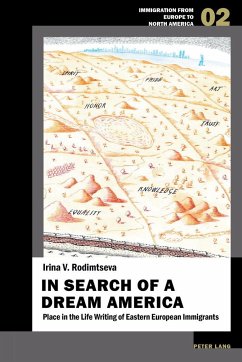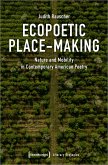This book explores immigrant life writing and examines the complex relationship between the America imagined in the dreams of would-be immigrants and their ability to establish connections to actual places in America. The authors discussed in the book (Vasily Aksyonov, Mary Antin, Eva Hoffman, Edward Limonov, and Miriam Potocky-Tripodi) come to North America from different places in Eastern Europe and publish their books at different times of the 20th century, but for all of them an attachment to the new place begins before emigration. The initial stages of this process are imaginative - learning and dreaming about America, visualizing it as an ideal place - and the immigrants' encounter with their new country is mediated by this idealized image of America. Although some immigrant autobiographers profess an immediate bonding to American places, the texts examined in this book demonstrate that the process of claiming a new place as one's own is often rife with ambiguities and setbacks. Only by negotiating the gap between the dream and the encountered America can an immigrant begin to feel at home in the new place. At the same time, the bond to the home country can never be severed, and that rejected place becomes a reference point for comparisons or even a model for organizing the new environment. Briefly stated, immigrants maintain attachments to multiple places - physical, imagined, and remembered.
Bitte wählen Sie Ihr Anliegen aus.
Rechnungen
Retourenschein anfordern
Bestellstatus
Storno









